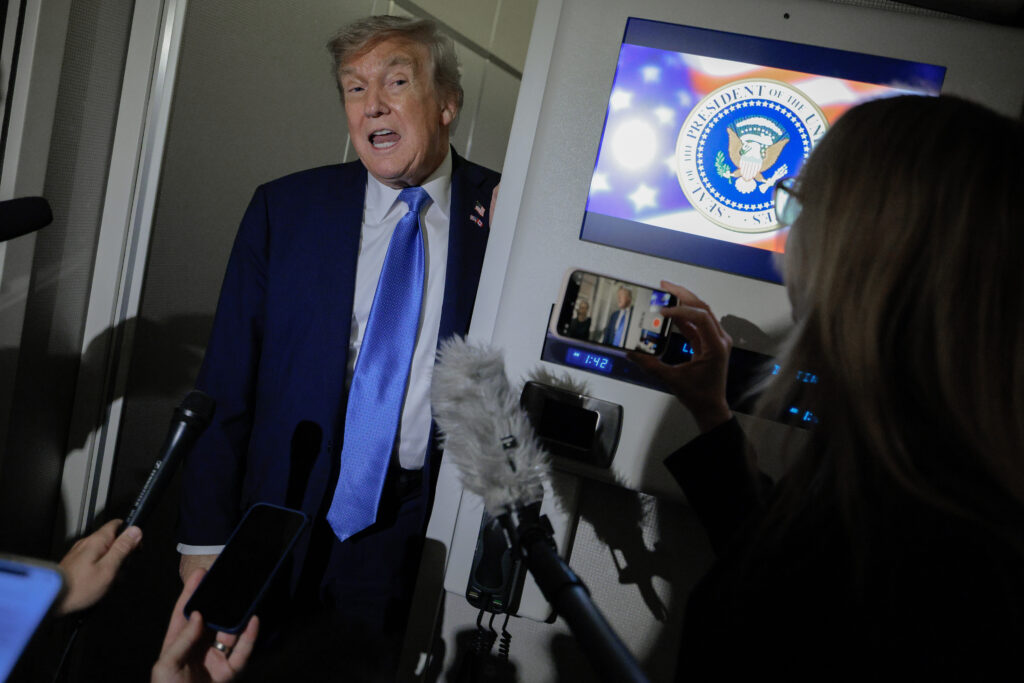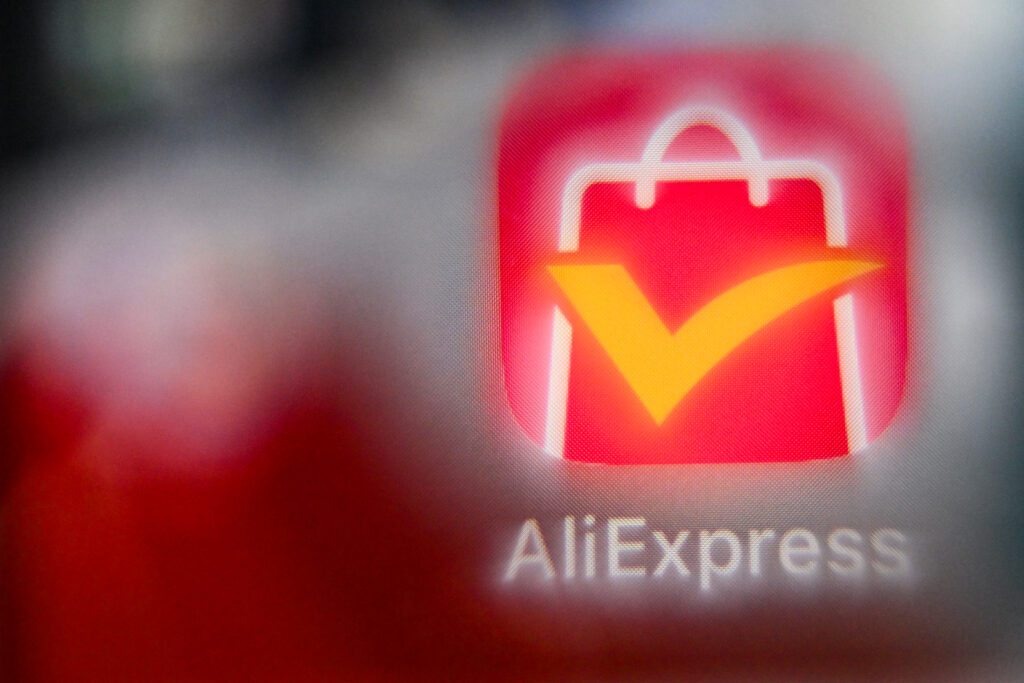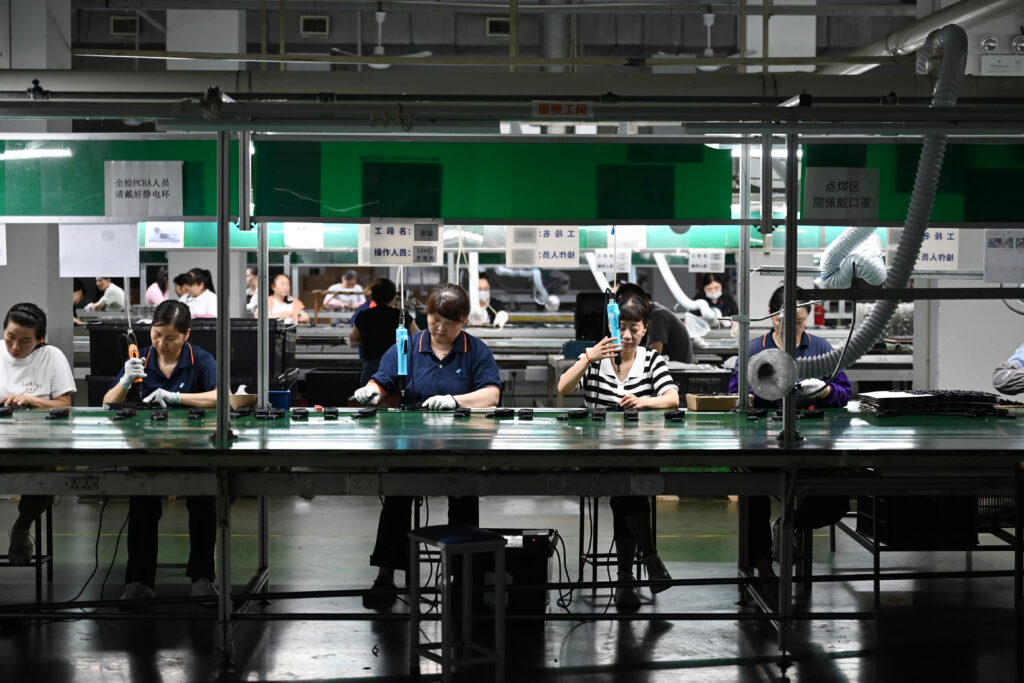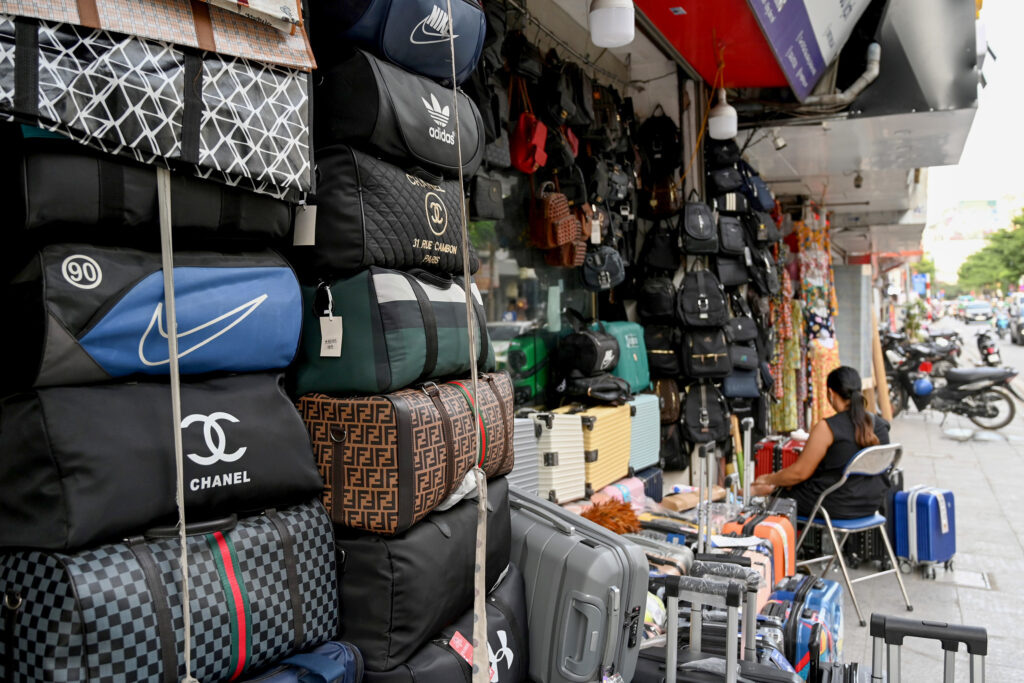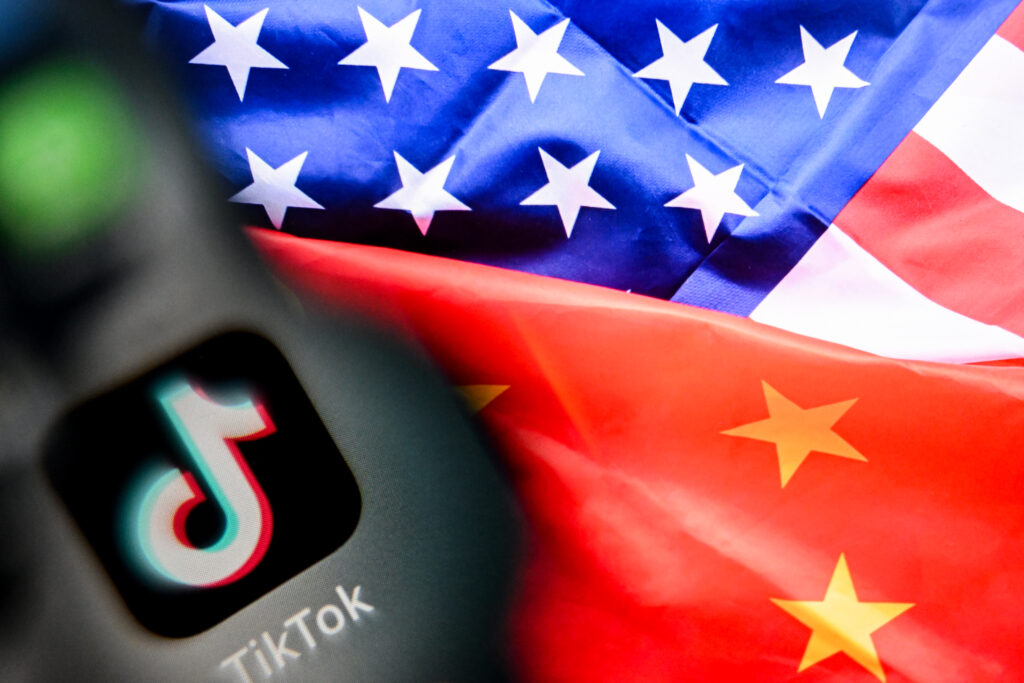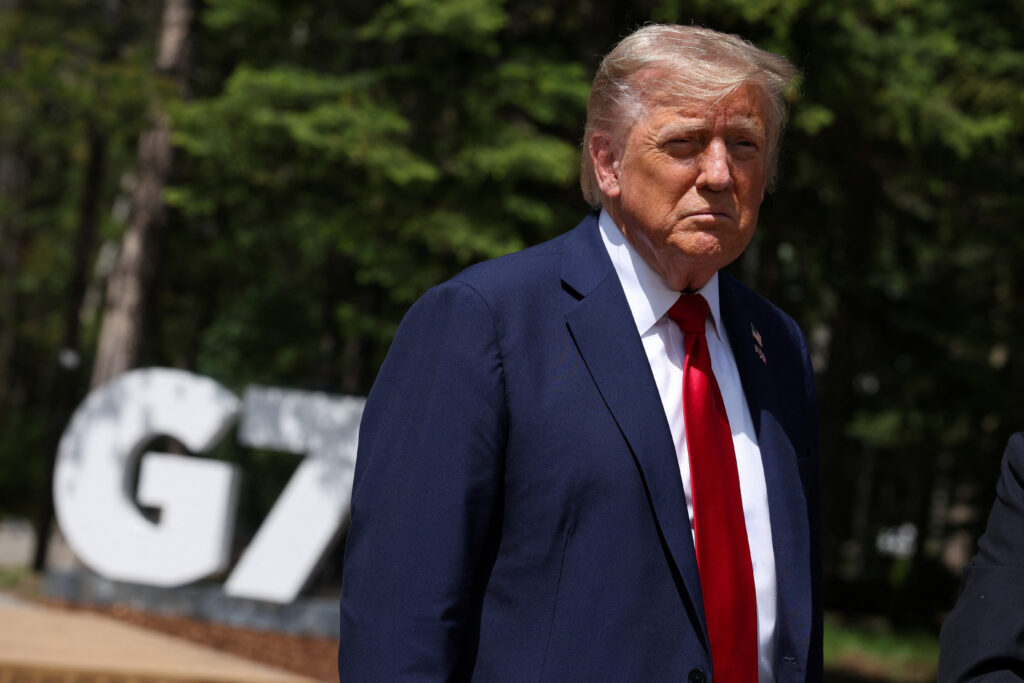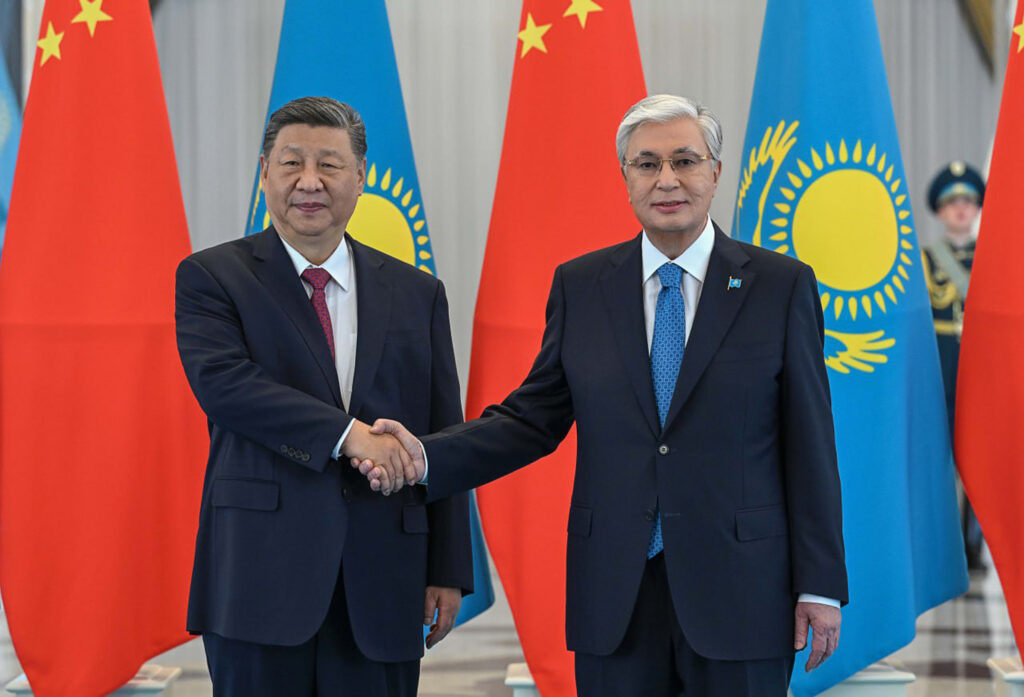Oil prices dip, stocks mixed tracking Mideast unrest
Oil prices eased and stock markets diverged Wednesday as traders kept a close watch over the Israel-Iran conflict ahead of an interest-rate announcement from the US Federal Reserve.Asia’s main equity indices closed mixed and the picture was similar in European midday deals. The dollar dropped against main rivals.The Fed is widely expected to hold interest rates steady Wednesday, as officials gauge the impact of US tariffs on inflation — and despite President Donald Trump’s calls for rate cuts as the world’s biggest economy faces pressure.”Global market direction remains clouded by tariffs, complicated by the Middle Eastern conflict and confounded by the lack of any obvious positive catalysts,” noted Richard Hunter, head of markets at Interactive Investor.Oil prices pulled back very slightly, after surging Tuesday on fears of crude supplies tightening in the face of rising Middle East tensions. Gas prices rose with concerns surrounding its supply.Israel and Iran exchanged fire again Wednesday, the sixth day of strikes in their most intense confrontation in history, fuelling fears of a drawn-out conflict that could engulf the wider region.There were signs also of possible US intervention after Trump called for Tehran’s “unconditional surrender”.Of particular concern is the possibility of Iran shutting off the Strait of Hormuz, through which around one fifth of global oil supply is transported.- Central banks -Wall Street slid Tuesday as a below-forecast reading on US retail sales for May revived worries about the impact of tariffs on the economy. That came as another report showed US factory output fell unexpectedly.The data provided hope that the Fed would still cut interest rates this year.The US central bank is due Wednesday to also release its rate and economic growth outlook for the rest of the year, which are expected to take account of Trump’s tariff war.”The Fed would no doubt be cutting again by now if not for the uncertainty regarding tariffs and a recent escalation of tensions in the Middle East,” said KPMG senior economist Benjamin Shoesmith.In a busy week for monetary policy, Sweden’s central bank on Wednesday cut its key interest rate to try and boost the country’s economy, as it cited risks linked to trade tensions and the escalating conflict in the Middle East.The Bank of England is expected to keep its key rate steady Thursday, especially after official data Wednesday showed UK annual inflation fell less than expected in May.The Bank of Japan on Tuesday kept interest rates unchanged and said it would taper its purchase of government bonds at a slower pace, as trade uncertainty threatens to weigh on the world’s number four economy.- Key figures at around 1040 GMT -Brent North Sea Crude: DOWN 0.2 percent at $76.33 per barrelWest Texas Intermediate: DOWN 0.1 percent at $74.76 per barrelLondon – FTSE 100: FLAT at 8,833.44 pointsParis – CAC 40: DOWN 0.2 percent at 7,668.79 Frankfurt – DAX: DOWN 0.4 percent at 23,344.78Tokyo – Nikkei 225: UP 0.9 percent at 38,885.15 (close)Hong Kong – Hang Seng Index: DOWN 1.1 percent at 23,710.69 (close)Shanghai – Composite: FLAT at 3,388.81 (close)New York – Dow: DOWN 0.7 percent at 42,215.80 (close)Euro/dollar: UP at $1.1506 from $1.1488 on TuesdayPound/dollar: UP at $1.3454 from $1.3425Dollar/yen: DOWN at 144.80 yen from 145.27 yenEuro/pound: DOWN at 85.52 pence from 85.54 penceburs-bcp/ajb/rl
